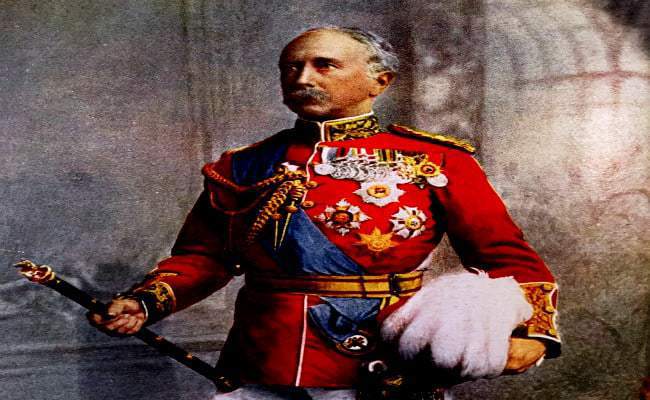Many men made a name for themselves throughout history, taking risks and demonstrating abilities above and beyond others in their ranks. However, not everyone agreed with the go-getters, believing their ideas to be too radical or impractical.
No matter the opinion surrounding him, Viscount Wolseley fought to make changes during his military service, becoming well known as a man of controversial behavior.
7. Who Was He?

Sir Garnet Joseph Wolseley has gone down in history as one of the most important military thinkers in the Victorian British army. During the late 19th century, he rose to a position of prominence with ideal military service and a penchant for reform, earning himself the title of Viscount Wolseley. However, this successful career was tainted with controversy, and others around him limited his victories.

